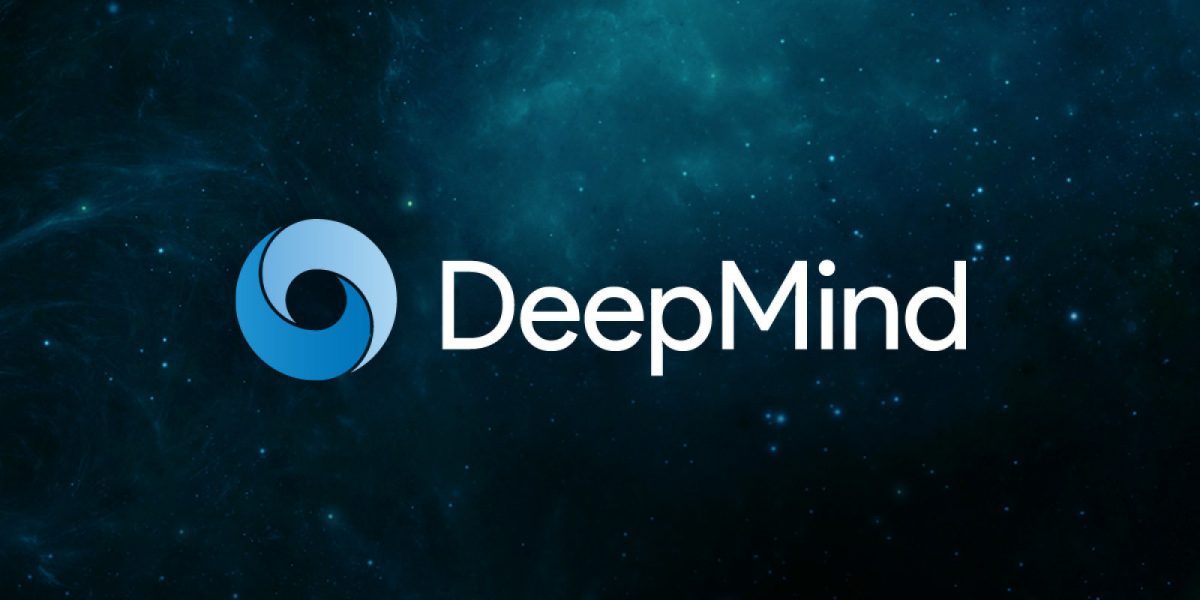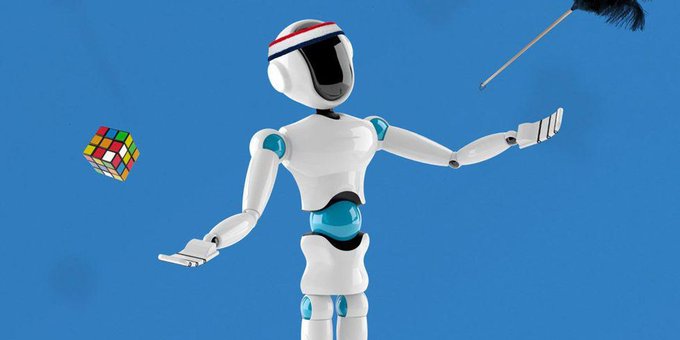
Watch me code a Neural Network from Scratch in pure JAX! 🥳 in this 3rd video of the Machine Learning with JAX series.
YouTube:
GitHub: github.com/gordicaleksa/g…
@DeepMind @GoogleAI @jakevdp @froystig @SingularMattrix @cdleary
#jax
YouTube:
GitHub: github.com/gordicaleksa/g…
@DeepMind @GoogleAI @jakevdp @froystig @SingularMattrix @cdleary
#jax

In this video, I build an MLP (multi-layer perception) and train it as a classifier on MNIST (although it's trivial to use a more complex dataset) - all this in pure JAX (no Flax/Haiku/Optax).
2/
2/
I then add cool visualizations such as:
* Visualizing MLP's learned weights
* Visualizing embeddings of a batch of images in t-SNE
* Finally, we analyze the dead neurons
3/
* Visualizing MLP's learned weights
* Visualizing embeddings of a batch of images in t-SNE
* Finally, we analyze the dead neurons
3/
This is the first video of this kind (coding from scratch) on my YouTube channel - your feedback is much appreciated!
You'll be able to see how I think while I'm writing code + some messiness and the art of googling haha.
4/
You'll be able to see how I think while I'm writing code + some messiness and the art of googling haha.
4/
If people find this useful I'll be pumping out more of these videos in the future. I enjoyed making this one.
As always notebooks are available here:
github.com/gordicaleksa/g…
5/
As always notebooks are available here:
github.com/gordicaleksa/g…
5/
• • •
Missing some Tweet in this thread? You can try to
force a refresh






